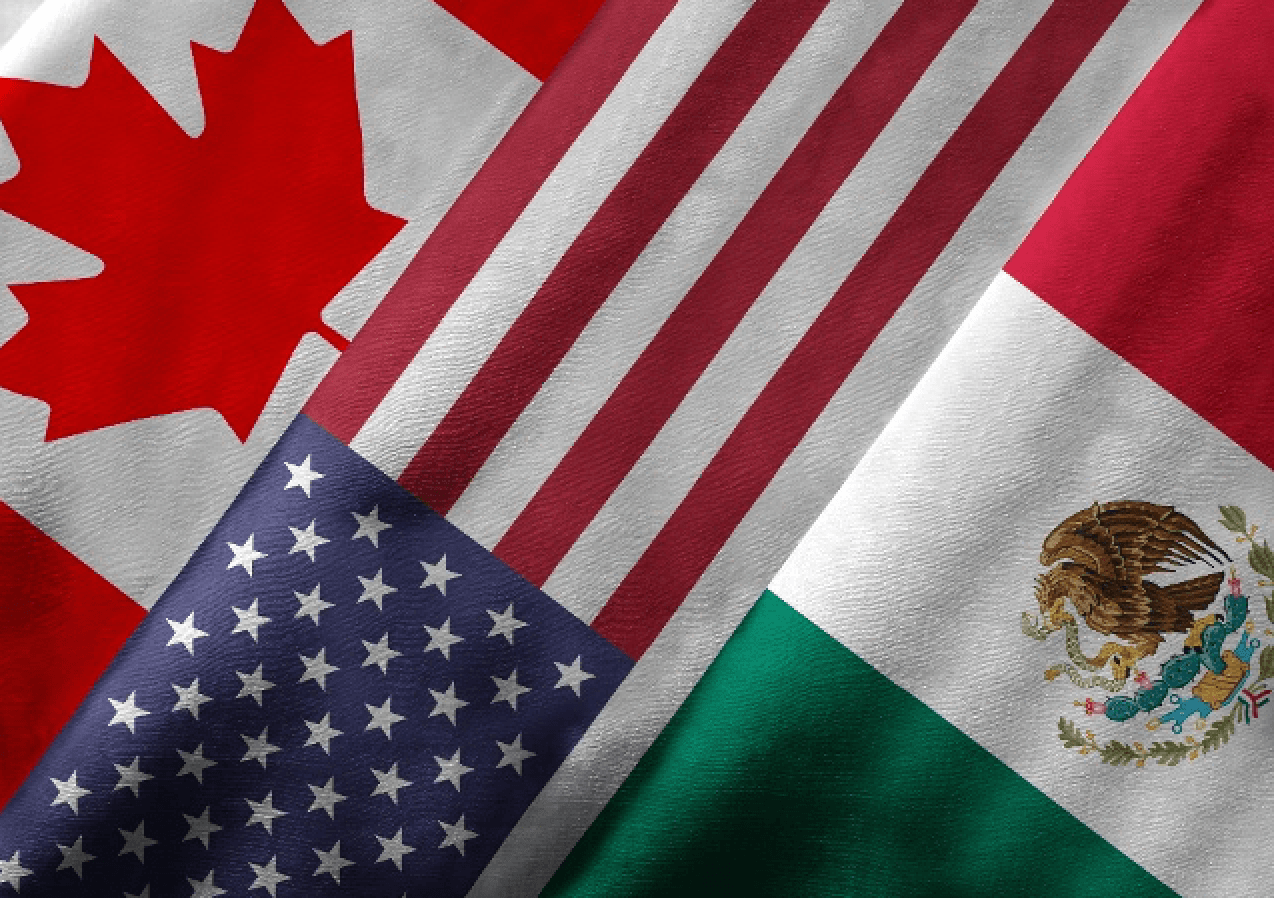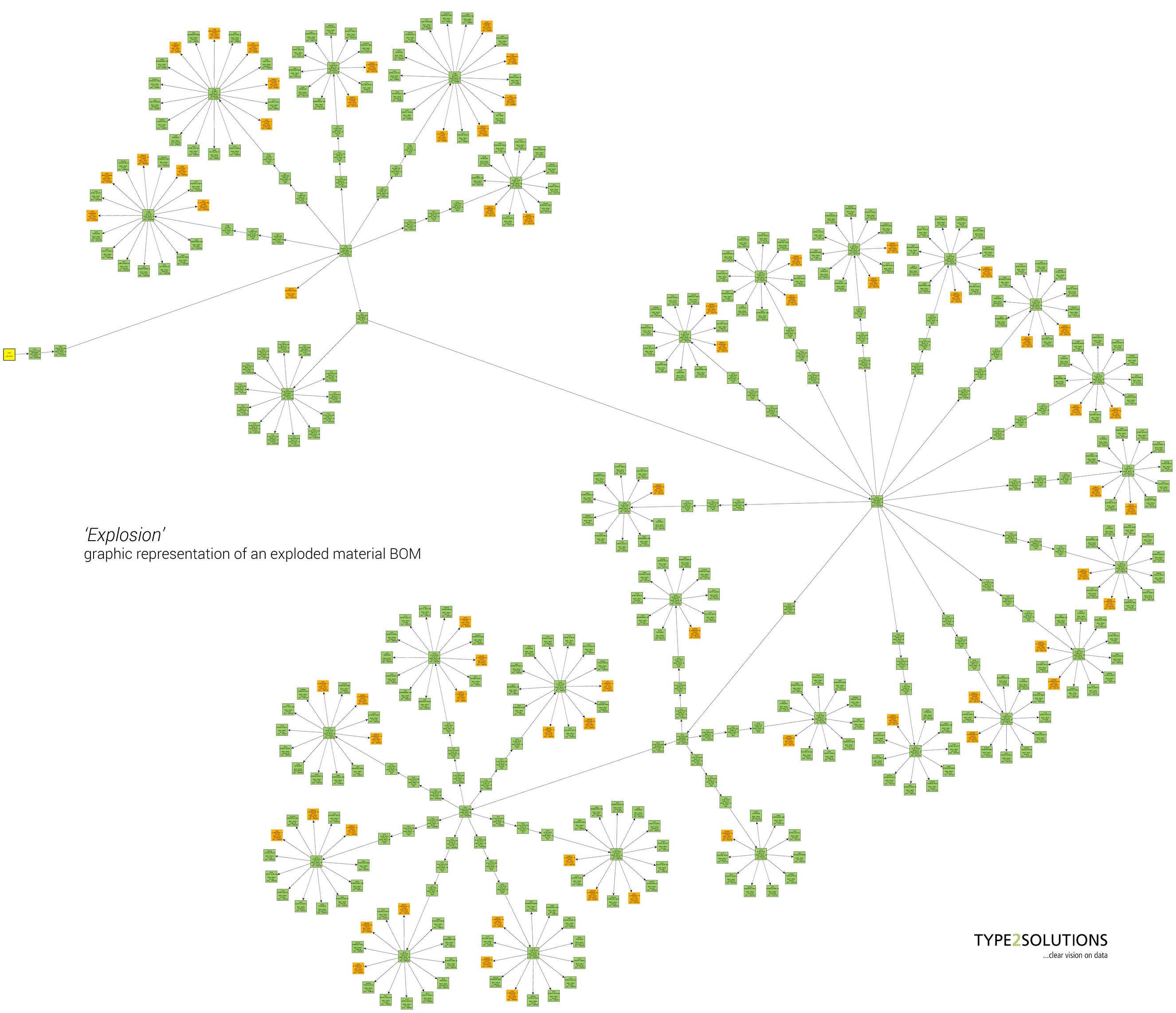International trade regulations are not simple. And the ever-growing number of free trade agreements may offer great opportunities, but considerably add to the complexity of the game.
Information technology has become virtually indispensable in this environment, and Type2Solutions’ Scope system is one of the instruments that can help companies get a grip on things.
“Scope helps untangle complex products and assesses them in the context of free trade agreements. It promotes compliance, increases accuracy and decreases overhead”, says Alexandre Klinkenberg, Partner at Type2Solutions and initiator of Scope.
Scope Dissects Data for Free Trade Areas
“What matters for manufacturers with international operations is whether their product qualifies for duty reduction within a free trade area or not. Most of the time, this depends on the presence, concentration or value of components of foreign origin in these products. In many industries, product compositions are quite steady, and by that, I mean that there is little variation in the components used to manufacture the products.
In the certain industries like the chemical industry, however, components are more fungible and in a global procurement environment, it is not uncommon that the composition of one and the same product varies over time. Moreover, the actual consumption of components can deviate from the planned recipe, for instance because of quality variations of the components that make it necessary to adjust the recipe. This variability can have an impact on the eligibility of a product for duty reduction.”
A Blueprint for Free Trade Agreements
The North American Free Trade Agreement, nicknamed NAFTA, is a trilateral free trade agreement between the United States, Mexico and Canada, but has served as a blueprint for many contemporary free trade agreements. In very general terms, NAFTA is based on product classification as stated in the Harmonized Tariff Schedule (HTS), a derivative of the Harmonized System that gives every product or component a specific code. The manufacture of an article is effectively a series of “shifts” from one code to another. The rules of origin determine whether those shifts represent a transformation of the components that is sufficient for the article to become eligible for preferential treatment, which, in simple terms, means: duty reductions.
The nature of these rules of origin is such that if you change even the slightest detail in the makeup of the article to import, you are very likely to get a different result. Not only does this make data accuracy paramount, but in some industries, the complexity of recipes and product structures can only be handled by advanced software.
“ If a company can demonstrate a controlled and structured process, for example by producing a detailed log, it exhibits good governance and the likelihood of repeated inspections decreases. Which is a good thing, because an issue discovered during an inspection tends to increase the extent of that inspection to other aspects and processes. ”
Demonstrating control
Manual evaluation of more complex products can take days if done correctly. Manufacturers often cannot justify this kind of time and effort investment. Furthermore, they also need to be able to justify their results in case of an inspection. The Scope system is not only able to handle and analyze the vast amounts of data involved, it also keeps a log of all decisions made and can generate the appropriate certificate of origin.
Of course, providing such a certificate is no guarantee against an inspection, but it creates significant goodwill: “If a company can demonstrate a controlled and structured process, for example by producing a detailed log, it exhibits good governance and the likelihood of repeated inspections decreases. Which is a good thing, because an issue discovered during an inspection tends to increase the extent of that inspection to other aspects and processes.”
Data Quality
Clearly, the accuracy and quality of the data are crucial when it comes to analyses of this kind. Achieving satisfactory data quality is no meager feat and should not be underestimated, but once it has been accomplished, the steps towards a certificate of origin from Scope are relatively simple: “Choose the shipment in question and the system evaluates the different items in the context of the selected FTA(s) and returns the certificate(s) as a PDF.”
Strategic Instrument
The main reasons to use Scope are compliance, speed and accuracy. But Scope can do much more. “For instance, it can offer strategic support through batch pre-evaluation. By evaluating the different batches ahead of time, customer services can select the most suitable batch to ship within NAFTA territory based on its preferential status”. Also, Scope can be used for simulations. “The sales price of a product can have an influence on the outcome of the analysis, and in specific cases, a higher price might actually save duties. The Scope system is therefore not only an operational, but also a strategic instrument.”
Conclusion
In an overregulated market in which companies must be able to act fast, information technology has become indispensable. With Scope, Type2Solutions simplifies one of the complex processes that manufacturers are confronted with daily, safeguarding compliance, creating goodwill, increasing speed and accuracy and reducing cost.
Would you like to learn more? Leave your details or call +31 (0) 180 54 51 51. We would be happy to get to know you!






 Join us at ICT & Logistics
Join us at ICT & Logistics  Invitation Breugem Brewery tour
Invitation Breugem Brewery tour